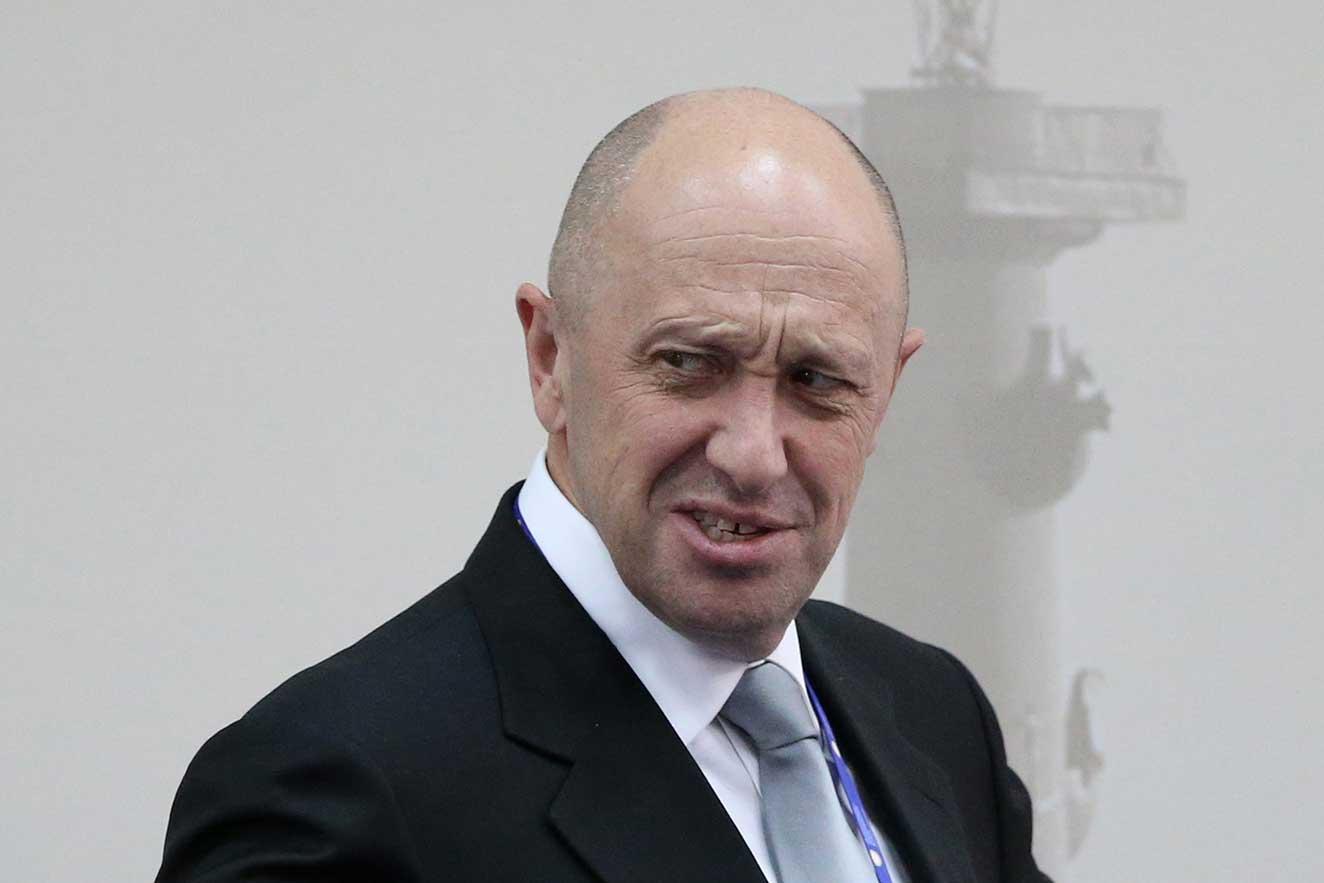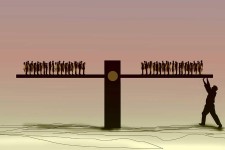Russian Doja
Yevgeny Prigozhin's meteoric rebellion was the result of personal rivalries and real political differences with Kremlin. Prigozhin, founder of the paramilitary group Wagner, established himself as a new power, rivaling Russia's ruling military and security elites - Defence Minister Sergei Shoigu and army chief Valery Gerasimov. The former common convict frequently criticized the military's operations and accused military leaders of trying to rob Wagner of credit for its successes. Rivalries reached a climax when Shoigu announced plans to integrate paramilitary formations into the army, reducing Prigozhin's influence. In response, Prigozhin plotted a rebellion against the Russian Defence Ministry, believing this was the only way he could maintain Wagner's independence. Putin, however, backed Shoigu's move and declared it commonsense. A detailed analysis of all the events leading up to Wagner's rebellion by bbc.com.
Weaponising Europe
Russia's aggression in Ukraine reinforced the importance of European defence. Investing in research, development and procurement, as well as a serious increase in strategic capability and adapting the defence industry to respond to the conditions of war, is essential to build a combat-effective Europe. This is Estonian Prime Minister Kaja Kallas' thesis in an editorial published by politico.eu. European Union supplied one million artillery shells to Ukraine, boosting the production of the European defence industry, but Europe does not have enough ammunition stocks and its defence industry was not quick to adapt to the new security challenges. Defence investment falls short and combined EU defence spending lags far behind other global powers. Long-term ammunition supply planning and a strong technological and industrial base are therefore needed, argues the Estonian prime minister, and EU needs to show strong military leadership.
Breaking the deadlock
Ukraine finds itself at a crossroads and must seize the unexpected opportunity created by Prigozhin's coup attempt. So far, conflict with Russia stalled, as neither side managed to make significant progress on the field. Kiev's failure to change the current situation will prolong the conflict indefinitely. Ukraine controls only about 17% of the territory lost to Russia, and its full recovery could take more than 16 years. However, at this stage of the conflict, there is a chance for turning the tide, and it could even lead to negotiations and a possible ceasefire agreement. However, this will not be the end of the conflict, but only an interim stage, because Russia will not give up its ambition to control Ukraine and the Ukrainians will not give up their claim to recover their territory. A longer recess would provide both countries with a chance to rebuild their societies and military capabilities for an uncertain future. An analysis by Harvard University professor Graham Allison, published by Washington Post ($).
Exactly how wise has Putin played it?
The failed coup by Wagner's group does not show the weakness of Vladimir Putin's regime, but rather an occasion for a smart move for the Russian president, argues Anatol Lieven, an expert at the Quincy Institute for Responsible Statecraft and author of several books, including Ukraine and Russia: A Fraternal Rivalry, in an article recently published by The Guardian. Western analysts, who interpret Putin's actions as weakness, are plagued by a subjective antipathy to the Russian leader, he argues. The peaceful withdrawal of the Wagner mercenaries was a strategic choice for Putin, avoiding a violent conflict that ultimately would have hurt the Russian population and the war in Ukraine. A brutal retaliation would have been unpopular, as the Wagner fighters had a positive image in Russia. Russian society has an inhibition towards civil war and violence among Russians. Ultimately, the fate of Putin's regime depends on developments in Ukraine, and if the Russian military can hold the present course, Putin will claim a victory against the West. If not, he may be forced either to resign or escalate to a war with lots of uranium.
Supershaman
Alexander Gabyshev, self-proclaimed shaman in the Russian Far East, is being kept in forced psychiatric treatment since 2019 when he set out on a cross-country journey to peacefully remove President Putin from office and "restore democracy" in Russia through a shamanic ritual in Red Square. A court recently ordered his transfer from a neuropsychiatric clinic to a general psychiatric hospital in Yakutsk, where he will undergo a "softer" form of treatment. Memorial, a leading Russian human rights organisation, declared Gabyshev a political prisoner and the Kremlin is likely to consider Gabyshev, a former welder, even more dangerous than Navalny and Yashin because the rebellion of an ordinary person who resonates with most Russians is difficult to analyse and predict in terms of its potential threat to the existing constitutional system. The story of this shaman and his courageous act, in an extensive report published by The Moscow Times.
Did Ukraine benefit from Wagner's mercenary revolt?
Wagner's mercenary uprising brought a new dynamic to the conflict in Ukraine. The temporary withdrawal of their involvement alongside Russian armed forces raises questions about possible benefits for Ukraine. However, the impact of this situation on Ukrainian army remains unclear. Analyst Nico Lange, quoted by Deutsche Welle in a recent analysis, argues that Wagner had access to advanced military equipment, and that Russian forces may want to benefit from some of this equipment as well. On the other hand, the power struggle between Putin, Prigozhin and Lukashenko continues and is expected to have favourable consequences for Ukraine in both short and long term. Although details of Ukraine's counter-offensive plans have not been yet revealed, it is known that their forces liberated villages and settlements in several areas along the front. As uncertainty persists, Russian air strikes remain a threat, even as Ukraine continues to maintain control of the situation.
Searching for the kidnapped son
Ukrainian mother Oksana Stetsenko travelled 3,000 miles across Russia to rescue her son Nikita after he was captured by Russian troops. Oksana went through a period of uncertainty and grief, not knowing her son's whereabouts, but with support from the non-governmental organisation Save Ukraine, she finally managed to find him. Russia presents these actions as rescuing the children, but Ukrainian officials claim it is a systematic Russian effort to erase their Ukrainian identity. Ukrainian children are being indoctrinated and fed a Russian curriculum. The main concern is that these children will be absorbed into the Russian system and forget their home country. Read Oksana's story and her efforts to recover her son from the Russians in a feature by journalists from nbcnews.com.
Playing the war game
The Economist (video): Will China be the real winner in the war in Ukraine?

















